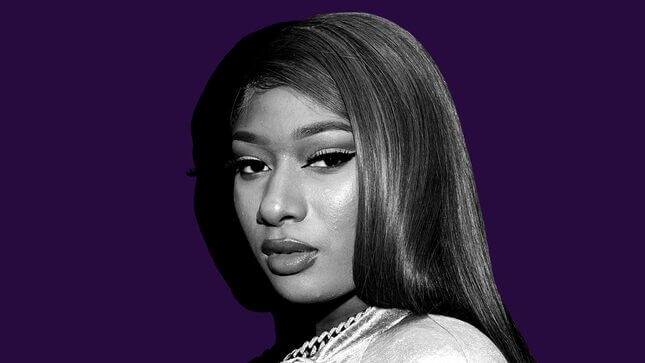Megan Thee Stallion and the Neglected Wounds of Black Women
Latest
Graphic: Elena Scotti (Photos: Getty Images)
For Black women, experiencing some form of violence during our lives—whether it’s physical, mental, or emotional—is almost a given. The trope of the strong Black woman is a curse, one that reduces us to emotional mules whose responsibility it is to carry the pain of those around us, often at the expense of our own well-being. “Black women will save us” has become a political rallying cry for many so-called progressives, while at the same time Black women’s own pain is ignored, minimized, and categorically denied. I’m not just speaking metaphorically. Studies have shown that an astonishing number of medical students believe Black people experience less physical pain than white people.
When news broke that Megan Thee Stallion had been shot, my heart dropped, not only because of the pain Megan had been enduring but because of the injuries still to come. And because the past month has been a sore reminder that regardless of fame or wealth, part of the dehumanization of Black women is the dismissal of suffering.
In the early morning hours of July 12, TMZ reported that Megan had cut her feet on what was believed to be broken glass while exiting an SUV in Los Angeles. When police arrived on the scene, rapper Tory Lanez was arrested for carrying a concealed weapon. Details of the incident were initially scarce. But two days later, Megan went on Instagram and confirmed that she had been shot in both of her feet “as a result of a crime that was… done with the intention to physically harm me.” On August 20, a little over a month after the news first broke, Megan reappeared on Instagram Live and confirmed that Tory Lanez was the person who shot her.
-

-

-

-

-

-

-

-

-

-

-

-

-

-

-

-

-

-

-

-

-

-

-

-

-

-

-

-

-

-

-

-

-

-

-

-

-

-

-

-








































